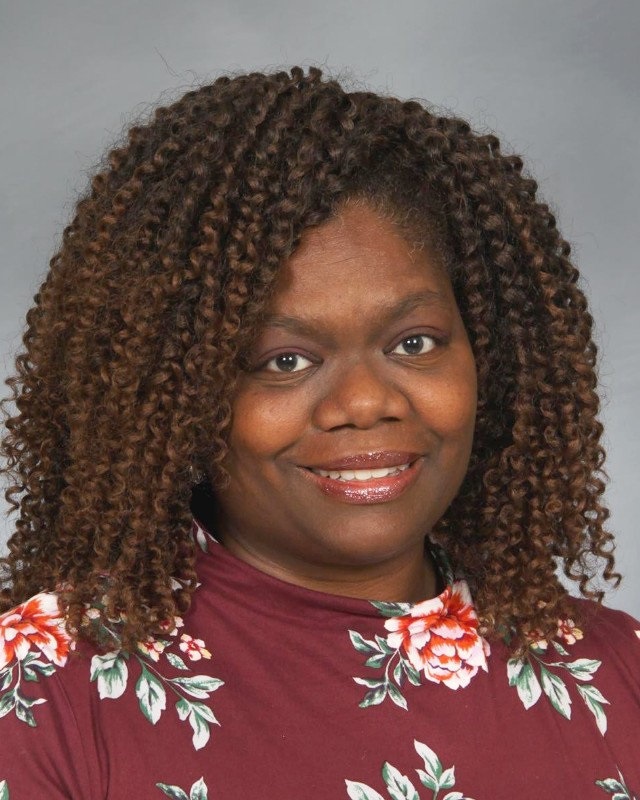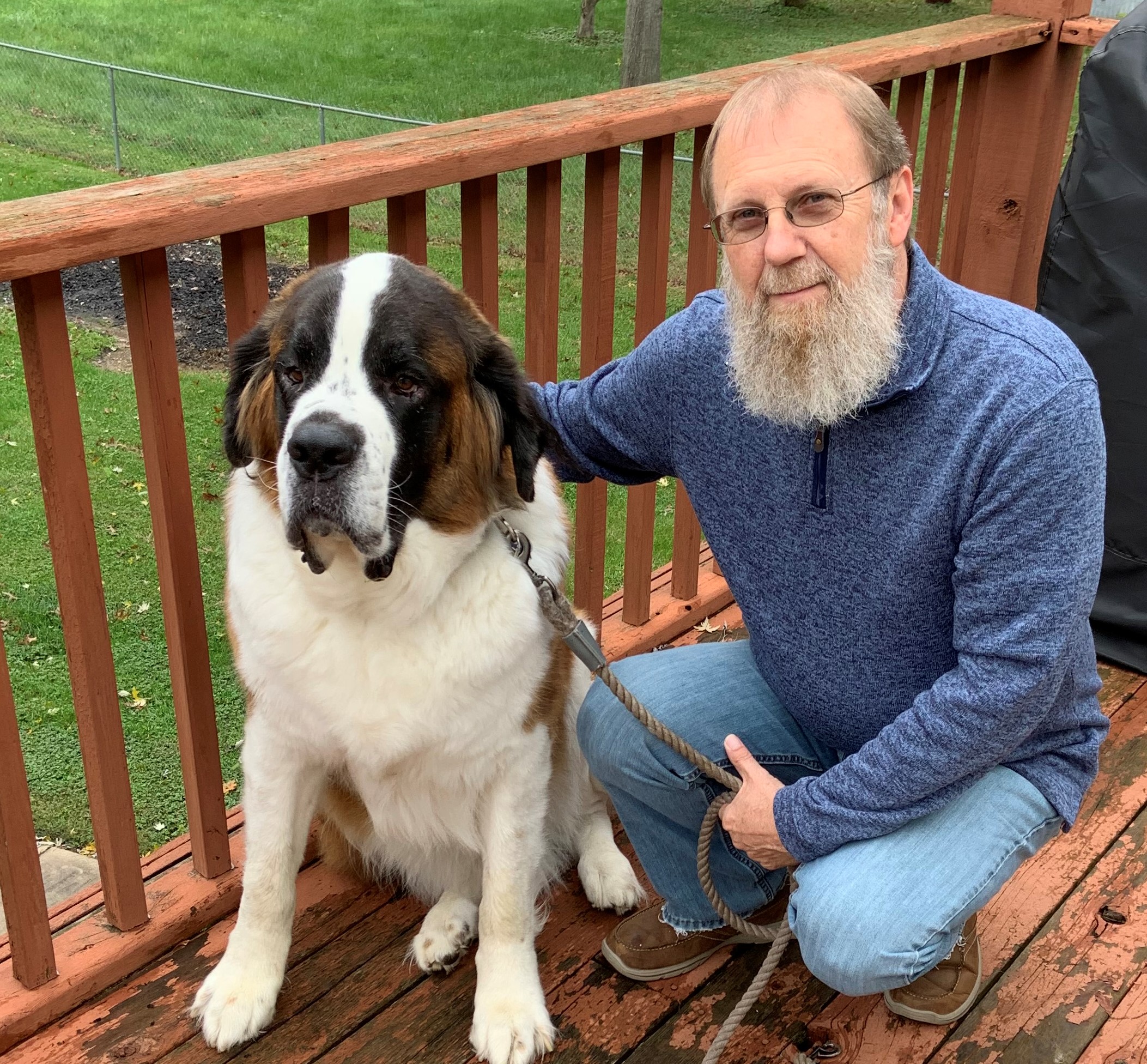Gray, Angela, MSW, EdS
Angela Gray is a High School Social Worker of twenty years who has devoted herself using her professional expertise to empower and promote justice and dignity implementing various programs within her community and school. She self published two books in 2019 distributed and sold through Amazon – “Girl, Check that Attitude ” and “Help! I Have an Attitude Problem”. Angela is a new Alumni board member at Southern Illinois University Edwardsville. She is the 2020 Dr. Martin Luther King Jr. Humanitarian recipient. She is also the 2020 YWCA Women of Distinction awardee. She enjoys spending time with her family and crafting. During the pandemic, she and her family started their small Tshirt business, Luv2Express Tees and more, specializing in mental health, Mommy and me, ethnic and women empowerment designs.
Presentation(s):
Trauma Informed: Victimization and Invisibility of Black Girls
Surviving the Angry Black Woman Syndrome





